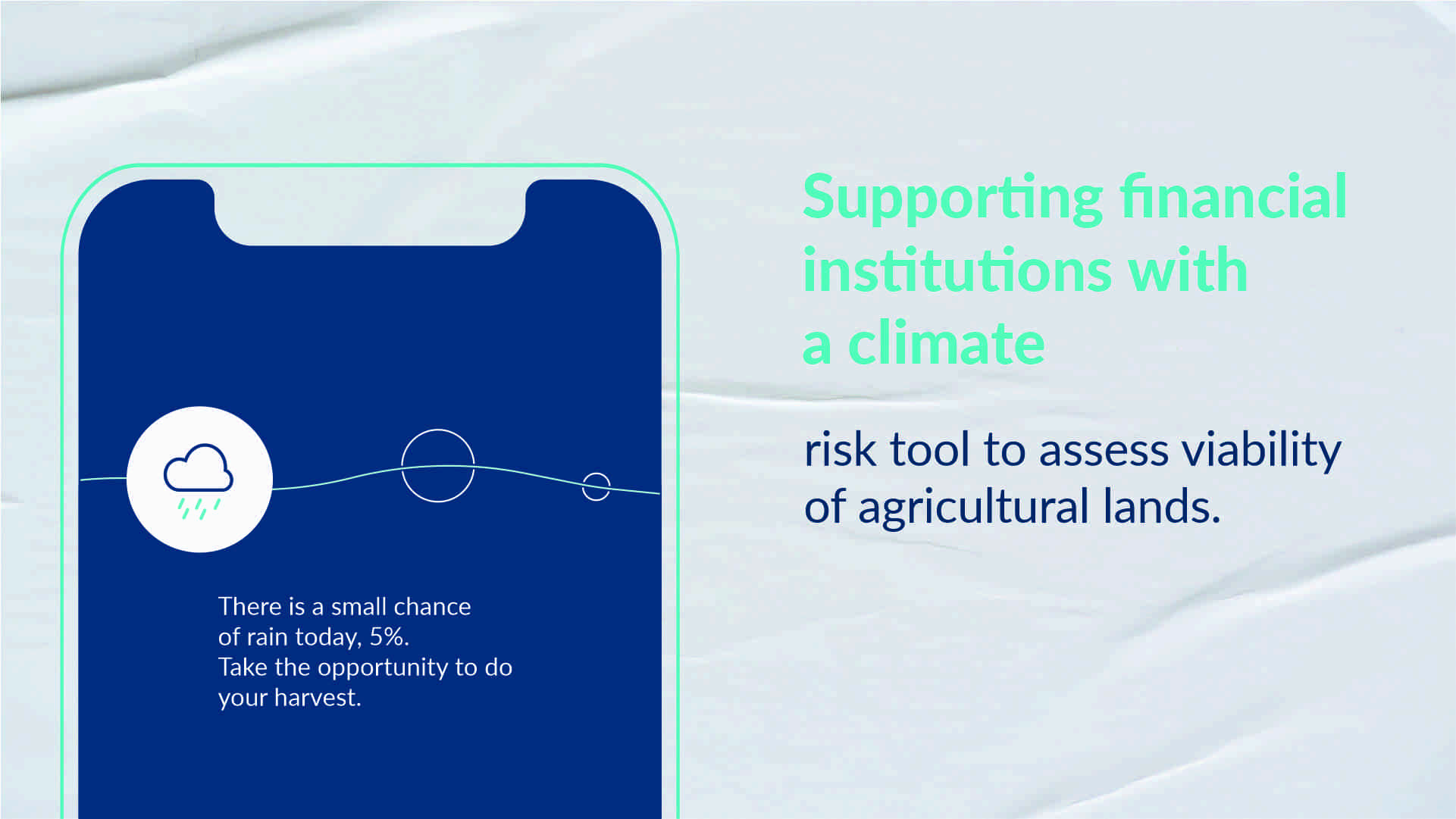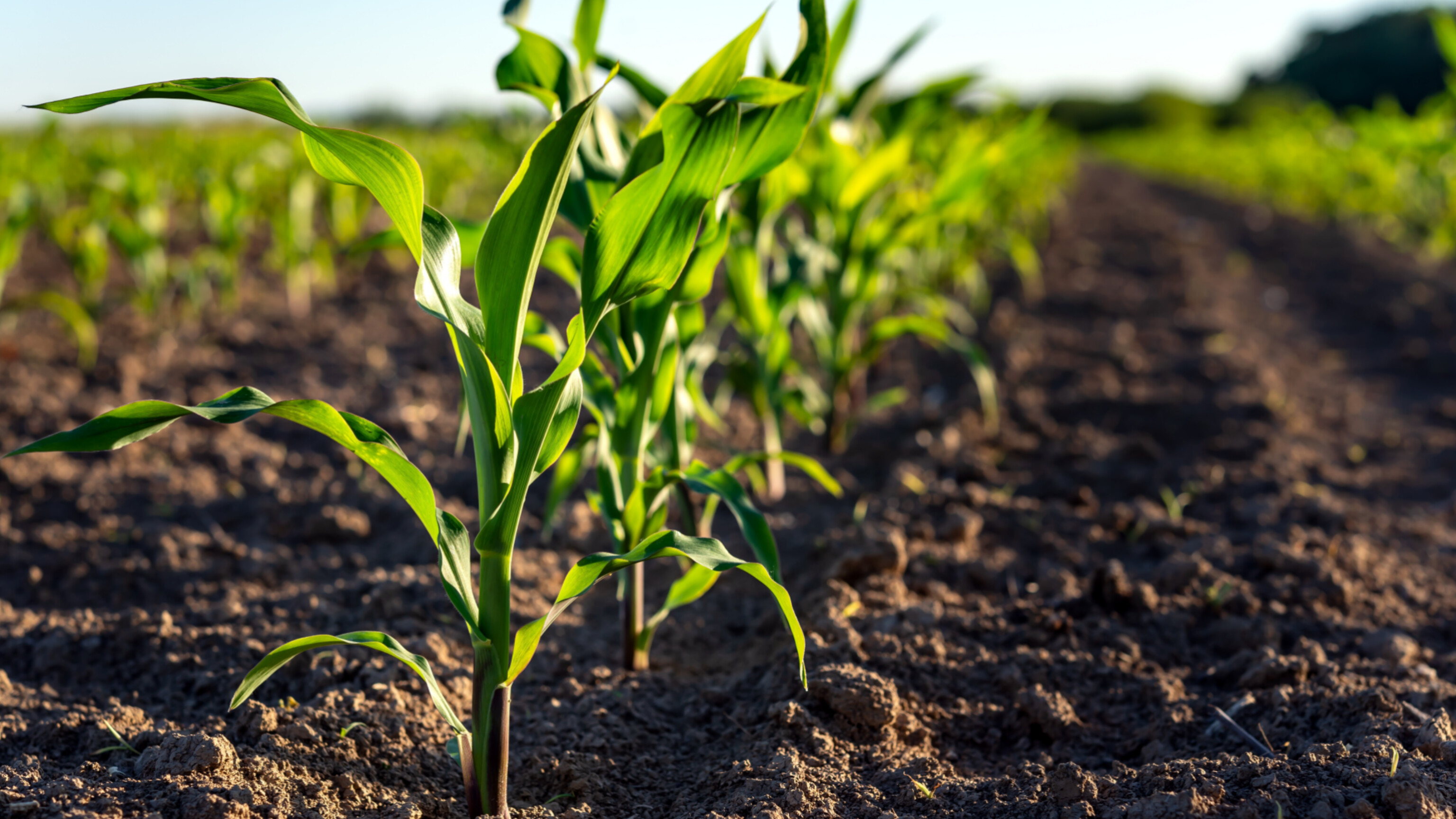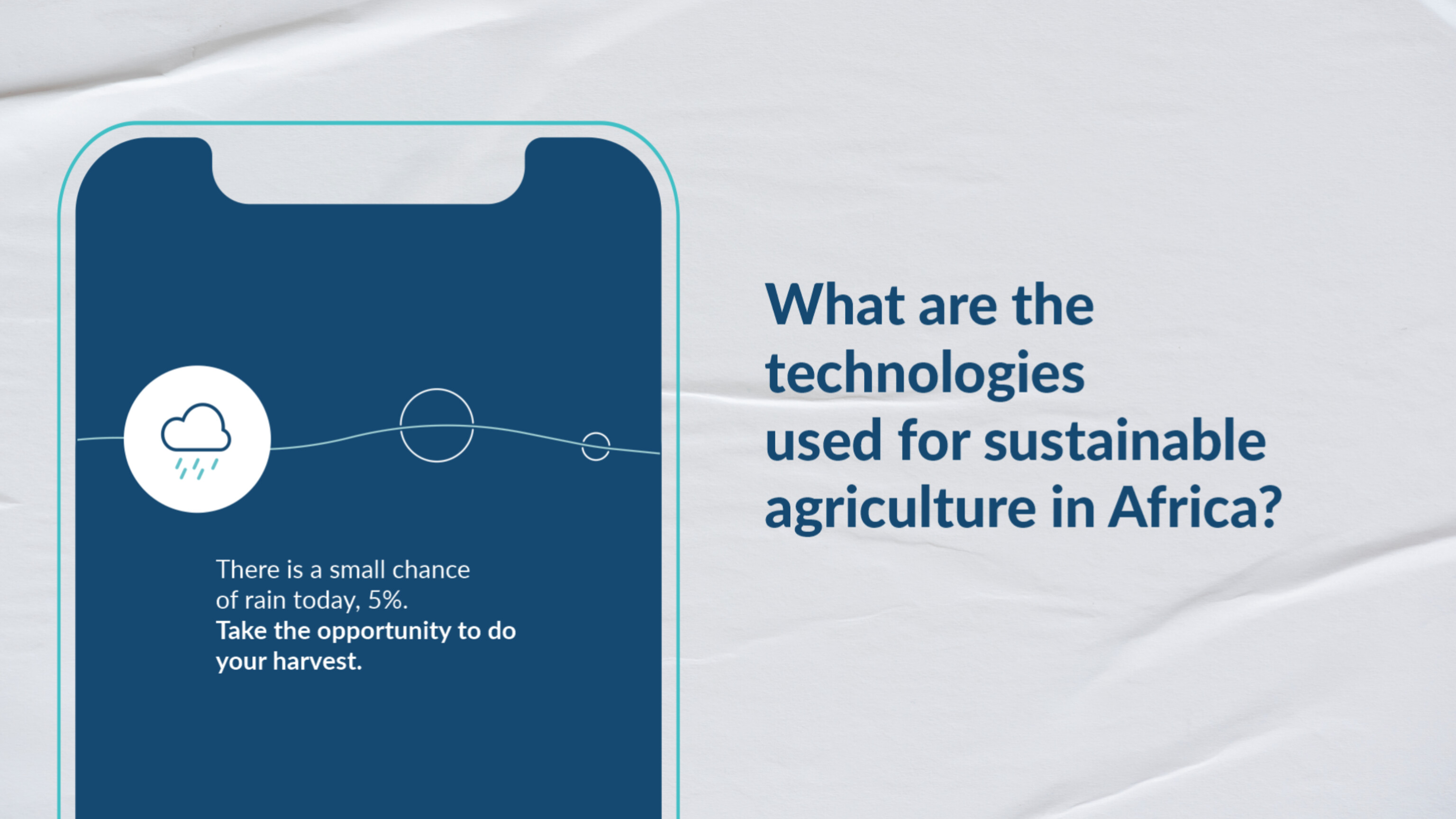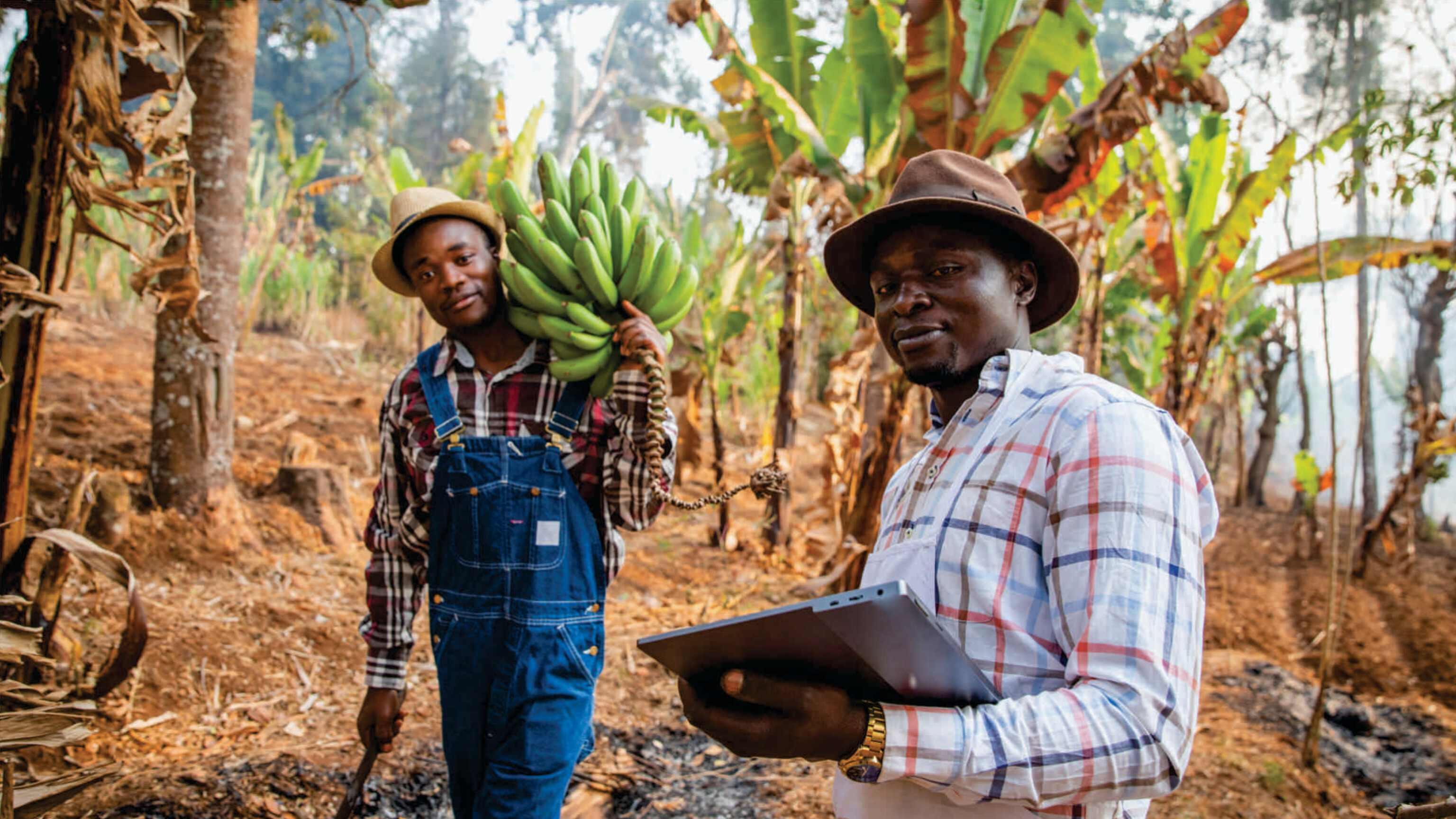Digital agriculture extension services in Africa have the potential to revolutionize farming practices and increase agricultural productivity across the continent. These services leverage technology and digital platforms to provide farmers with information, resources, and assistance remotely, overcoming barriers to access faced by many farmers in rural areas.
Agricultural extension services are services that help farmers improve their output in agriculture. Some of the extension services include providing knowledge about efficient crop production, technical help, advice on risk management etc. This helps farmers increase yields and profits.
Basic mobile devices that have calls and messages features only are still the most common handsets that smallholder farmers use in Africa. Text messages or Small Message Services (SMS) can be sent in bulk and to several people. The fact that the SMS can reach farmers in the interior parts makes text messaging a good option for closing information gaps.
Another technology found in basic phones is Interactive Voice Responses (IVR) where computers interact with humans via voice. This technology allows farmers to listen to information that is prerecorded and to record new queries.
Another most enticing technology is the use of tablets and smartphones. Farmers are able to watch or take pictures of new agricultural techniques. For instance, they can take photos of pests and request automatic identification and suggestions or ask agronomists. They can also download apps to understand better risks related to certain crops.
Benefits of digital agriculture extension services
- Digital agriculture extension services have the ability to reach a larger number of farmers at a lower cost compared to traditional extension programs. Information can be disseminated through mobile phones, websites, and other digital platforms, allowing farmers to access vital guidance on crop management, weather forecasts, market prices, and pest control.
- Digital agriculture extension services can provide personalized advice tailored to specific regions, crops, and individual farmer needs. This level of customization helps farmers make decisions, leading to better crop yields, reduced input costs, and improved overall farm management.
- Digital agriculture extension services can facilitate market linkages between farmers and buyers. By connecting farmers to local and regional markets through digital platforms, these services can help farmers secure better prices for their produce and expand their market reach.
In most developing countries especially in Africa, providing information about improved agricultural practices to small holder farmers is still a challenge. Many farmers have lots of agricultural knowledge that has been passed on throughout generations, yet new technologies in agriculture need ongoing learning and testing to increase productivity.
Good practices of digital extension services usually adopt the same approaches to make them successful. They are prone to overcoming challenges such as: socio-cultural limitations, barriers to access, management, and use of digital tools, literacy and digital skills and finally, mobility and time constraints.
To overcome these challenges, they need to:
- Create an enabling environment in terms of infrastructure, resources, policies, regulatory and legislative frameworks.
- Design digital products and agricultural extension services with smallholder farmers.
- Train smallholder farmers to improve their uptake of digital extension services.
- Build the capacities of agricultural extension services to deliver digital services specifically at grassroot levels.
Collaborations between governments, private companies, NGOs, and research institutions are essential to address these challenges and develop sustainable digital agriculture extension services. By investing in the development of digital infrastructure and providing training programs, Africa can unlock the full potential of digital agriculture extension services and drive sustainable agricultural development on the continent.
What hinders access to agricultural information?
- In-person extension is costly, thus limits its reach. The ratio of farmers to extension agents is very high, leaving most smallholder farmers without enough access to their information and services.
- Cost-related considerations may hinder the frequent updates of dynamic conditions, hence agricultural content becomes obsolete quickly.
Here’s some of the feedbacks ignitia received from its clients regarding dissemination of information include:
David Baah: “The weather alerts helped me to harvest on time to avoid post-harvest losses. This has helped me save cost.”
Isaac Kanewu: “There was a day that the SMS received reported that it will rain. I waited for some time but there was no rain. I went ahead to apply the pesticides. Just when I finished, there was rain and since then, I always followed the instructions from the SMS. It helps to save money, chemicals, and time. The weather advice on harvesting and drying has improved the quality of grains. The grains were clean and neat and made storage easy without any problems.
John K Mautsueni: “The weather information gives me information about the rainfall which helps me to know when to plant and the best time to apply my fertilizer. It helps me know when the weather is good for fertilizer and pesticides. After harvesting my produce, the weather provides clues to know when to and when not to open the door to the storage room.”
Nankene Jaadi Yahaya: “Generally the Iska weather alerts have helped me plan for every day in the past two seasons and hoping to see more of your intervention and making it local for those who can not read to receive directly like a voice recorder.”
Nmanli Dawuda Gbereh: “The weather alert has really been helpful to me and its accuracy is 95%. It helps me know when to sow my seeds. This is because previously when we were not receiving the weather information, we went out to sow and if the rains delay, the birds picked the seeds out of the hole which costs us money.”
Theresa Azieliba: “During fertilizer application, I still depend on the rain to know exactly when to apply my fertilizer. Fertilizer needs some amount of moisture to be able to work effectively on the plants. Aside from my farming activities, I sell Zokom, a local drink in the market. The weather alert plays an active role in my production.
Summary
With Ignitia’s technology, you can keep up with what is happening in the world of agriculture. Ignitia shares trends and tips on soil health and fertility, regenerative agriculture, crop nutrition, carbon credits, technology, climate innovations and many more.
References
https://ignitia.se/en/ignitia-api/
https://link.springer.com/chapter/10.1007/978-3-030-86065-3_8







